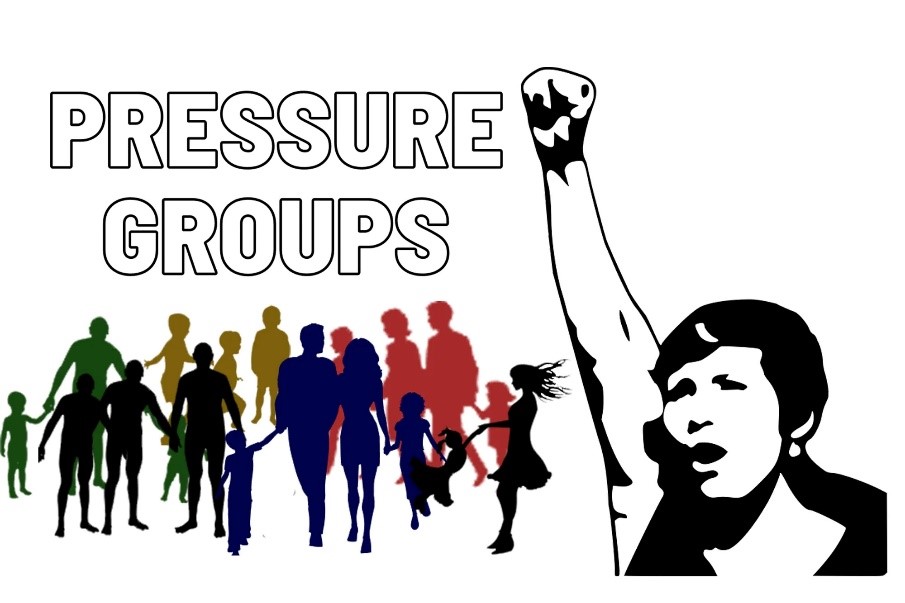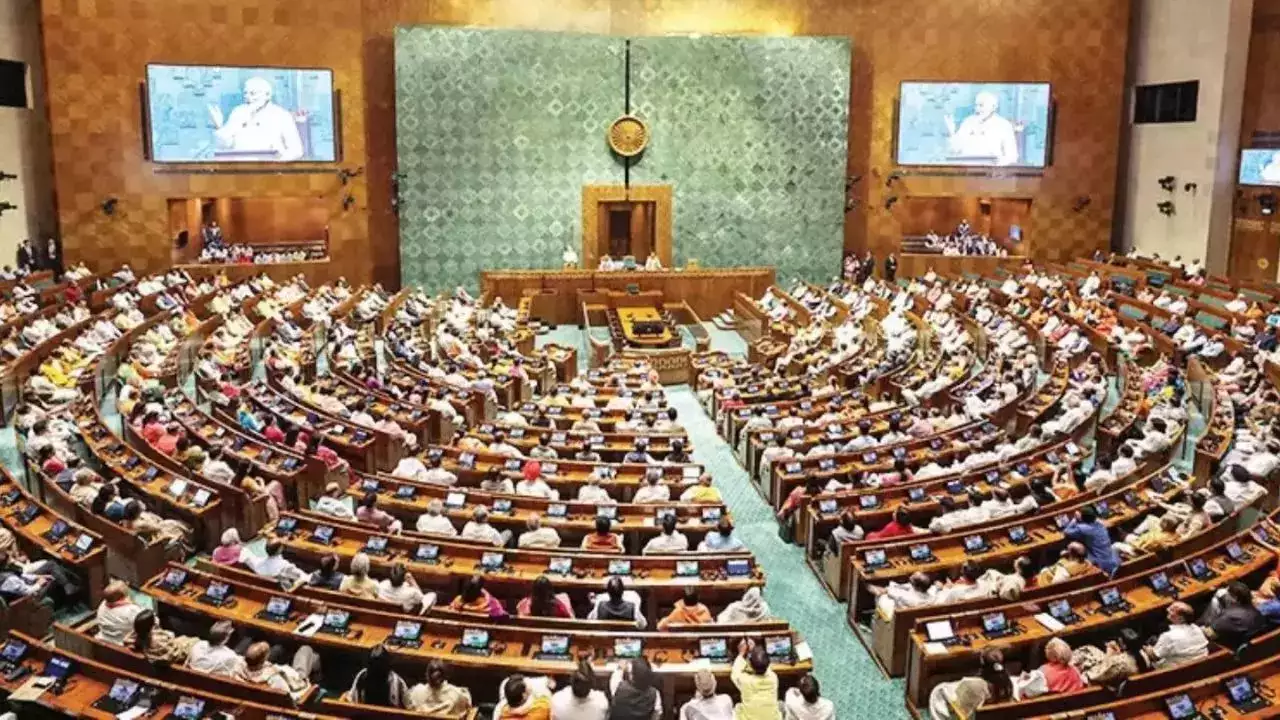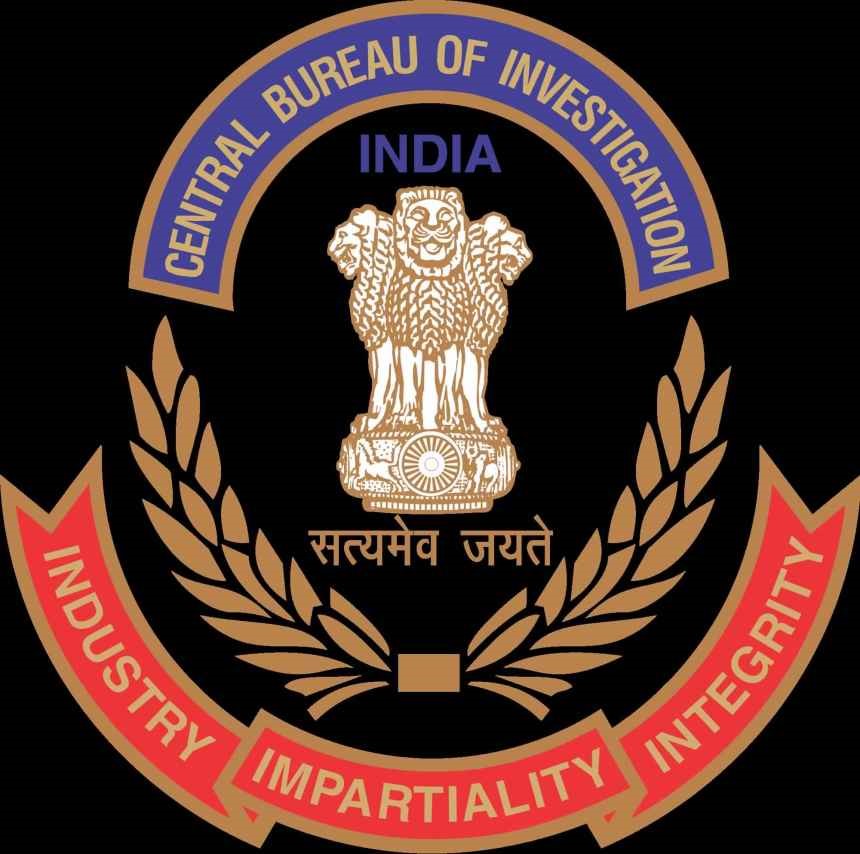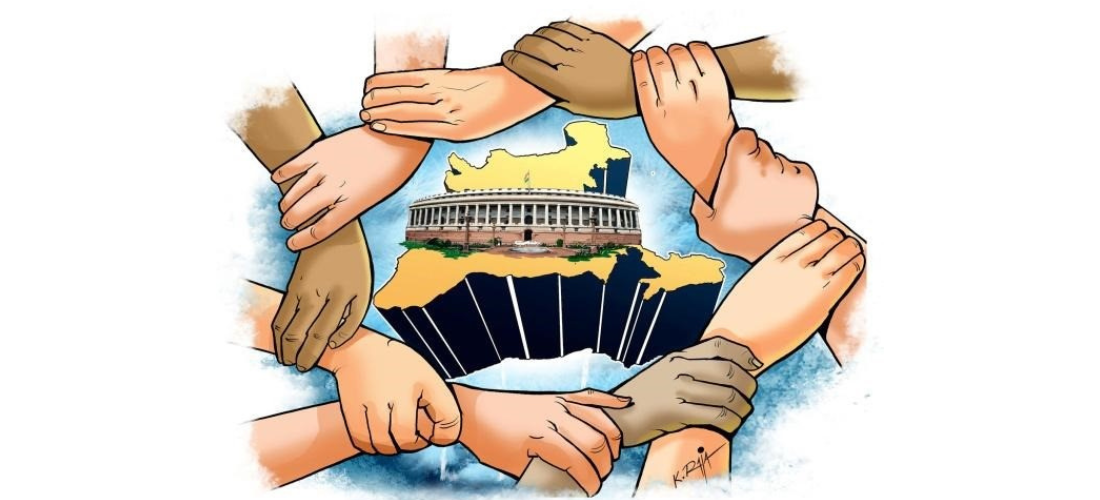- Courses
- GS Full Course 1 Year
- GS Full Course 2 Year
- GS Full Course 3 Year
- GS Full Course Till Selection
- Answer Alpha: Mains 2025 Mentorship
- MEP (Mains Enrichment Programme) Data, Facts
- Essay Target – 150+ Marks
- Online Program
- GS Recorded Course
- Polity
- Geography
- Economy
- Ancient, Medieval and Art & Culture AMAC
- Modern India, Post Independence & World History
- Environment
- Governance
- Science & Technology
- International Relations and Internal Security
- Disaster Management
- Ethics
- NCERT Current Affairs
- Indian Society and Social Issue
- NCERT- Science and Technology
- NCERT - Geography
- NCERT - Ancient History
- NCERT- World History
- NCERT Modern History
- CSAT
- 5 LAYERED ARJUNA Mentorship
- Public Administration Optional
- ABOUT US
- OUR TOPPERS
- TEST SERIES
- FREE STUDY MATERIAL
- VIDEOS
- CONTACT US
PRESSURE GROUPS & ROLE IN INDIAN DEMOCRACY
PRESSURE GROUPS & ROLE IN INDIAN DEMOCRACY
27-02-2023

PRESSURE GROUPS & ROLE IN INDIAN DEMOCRACY
DEFINITION
- Interest groups and vested groups are other names for pressure groups. Although these two terms are often used interchangeably, this is not the case. An interest group is a group of people who meet regularly to promote their particular interests.
- On the other hand, interest groups that press the government or decision-makers to act in their own interests are called pressure groups. Therefore, while pressure groups are strictly structured and focused on pressure, interest groups are formally organized and focused on interests.
- Pressure groups are groups that don't agree with each other and work as powerful but indirect groups to change the system's decisions. The issues and topics covered by pressure groups are limited and narrow (universal egoism—individuals who prioritize their own interests over those of society as a whole) In various political systems, different approaches to work are utilized.
There are five primary factors that control and influence them:
- The structure of political institutions
- The nature of the party system
- The political culture and attitude of leaders
- The nature of issues and problems
- The nature and type of pressure groups
Difference between Political Parties and Pressure Groups
Although pressure groups and political parties play an important role in a democratic system, their natures are distinct. The primary distinctions are:
- Political parties form government and operate within the system, whereas a Pressure Group is a public body acting outside of their purview.
- Non-governmental pressure groups attempt to influence and press the government to meet their demands. Political parties, on the other hand, take action directly and are authorized by law to form the government to establish the nation's policies and decisions.
- Political parties attempt to bring coordination to the operation of the executive and legislative bodies, whereas pressure groups press the executive and legislative to achieve their goals.
- Political parties only use constitutional means to carry out their duties and functions, whereas pressure groups use both conventional and non-conventional methods to demonstrate their demands.
Classification of Pressure Groups
In India, a democracy-based pluralistic society, a number of pressure groups operate in various sectors. They fall into the following five categories:
- Professional pressure groups (such as FICCI, CII, trade unions, farmers' and student's organizations, and others)
- Cultural and social pressure groups like the RSS, VHP, Jamat-e-Islami, Harijan Sevak Sangh, and Tamil Sangh
- Institutional pressure groups (such as the Police Welfare Association and the War Widow Association)
- Anomic pressure groups (such as the Naxals)
- Ad hoc pressure groups (created in response to disasters in various regions of the nation, for example)
- In India, organizations like the Narmada Bachao Andolan, Chipko Movement, Women's Rights Organization, and others operate as ideology-based pressure groups.
- It is anticipated that these pressure groups will serve as a means of communication between the general public and political systems, as they do in other nations. It is expected of them to raise awareness of various social and economic issues.
The following categories can be used to group their roles and responsibilities:
- Representation of Function: The groups that are not adequately represented by political parties or the electoral process use pressure groups as a means of communication. In every political system, pressure groups are expected to articulate societal viewpoints and increase their demand.
- Political Participation and Activities: In the political system, pressure groups have grown in importance. By engaging in activities such as public petitions, marches and demonstrations, posters and leaflets, professional lobbies, and so on, pressure groups attempt to precisely exert pressure. Each of these resembles a political protest in some way.
- As mentors and educators: As a component of civil society, pressure groups are expected to advance democratic civility. Through communication, these pressure groups attempt to educate and empower individuals. They are expected to approach them in a manner that is cultured and civilized. Citizens were educated about specific issues and democratic participation, pluralism, and diversity were enhanced by pressure groups. In order to achieve a more equitable distribution of rights and responsibilities in society, pressure groups have the potential to be an important source of specialist information.
- Design and Implementation of Policies: Despite the fact that they are not policymakers, pressure groups are an essential source of information and expertise for an overworked legislature and government workforce. In the process of formulating policies, the government regularly consults with them, and pressure groups attempt to influence the outcome. Regarding the merit of the policy, pressure groups are expected to assist the government in mobilizing resources—physical, financial, human, etc.—at the implementation stage. to make implementation more successful by lowering opposition to the policy.
- Democracy and Groups Under Pressure: By contributing positively and constructively in their own chosen field, pressure groups are carrying out their role in all areas to strengthen democracy's foundation. Democracy thrives and the democratic system is alert due to their indirect presence.
Criticism
Unfortunately, pressure groups in India are unable to meet expectations due to the following factors:
- Pressure groups are based on caste, region, religion, etc., and suffer from outside leadership. They also employ methods that are against the law.
- Political parties are directly linked to pressure groups Despite these flaws, pressure groups are necessary for a democratic system. They have the potential to advance the interests of the nation. They can add to electoral democracy and guarantee healthy debate and competition.
- They don't have to get involved in politics to be social change agents. They have the ability to bring a nation's political culture to life and guarantee its purity. As a result, democratic nations like India demand the existence of genuine pressure groups.
Must Check: IAS Coaching Institute In Delhi



